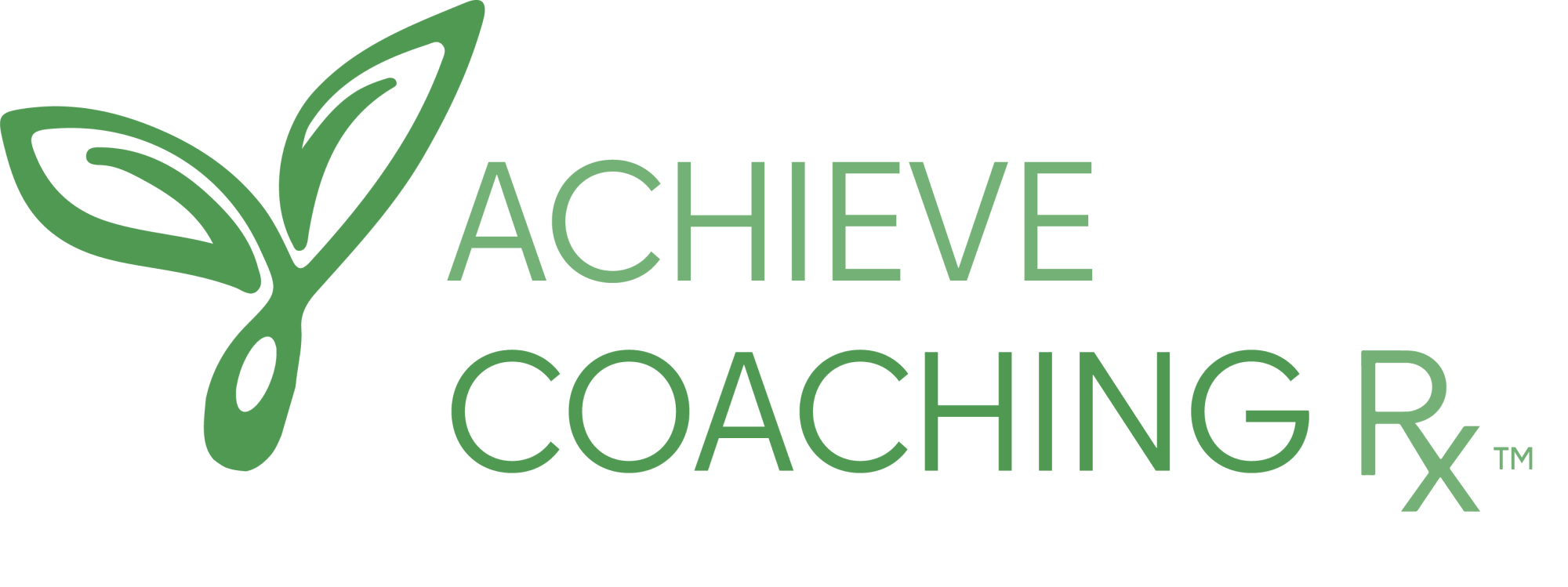Coaching is defined as partnering with clients in a thought-provoking and creative process that inspires them to maximize their personal and professional potential, according to the International Coaching Federation. Coaches regard their clients as “creative, resourceful, and whole.”
As your coach, I am trained to listen and observe as we discuss your goals. We work together to help you discover what you wish to achieve and co-create a plan. We work together to determine accountability measures. As your coach, I provide support to you as you utilize your creativity to find the answers you are seeking.
From the International Coaching Federation Website
How is coaching distinct from other service professions?
Professional coaching focuses on setting goals, creating outcomes and managing personal change. Sometimes it’s helpful to understand coaching by distinguishing it from other personal or organizational support professions.
Therapy: Therapy deals with healing pain, dysfunction and conflict within an individual or in relationships. The focus is often on resolving difficulties arising from the past that hamper an individual’s emotional functioning in the present, improving overall psychological functioning, and dealing with the present in more emotionally healthy ways. Coaching, on the other hand, supports personal and professional growth based on self-initiated change in pursuit of specific actionable outcomes. These outcomes are linked to personal or professional success. Coaching is future focused. While positive feelings/emotions may be a natural outcome of coaching, the primary focus is on creating actionable strategies for achieving specific goals in one’s work or personal life. The emphases in a coaching relationship are on action, accountability, and follow through.
Consulting: Individuals or organizations retain consultants for their expertise. While consulting approaches vary widely, the assumption is the consultant will diagnose problems and prescribe and, sometimes, implement solutions. With coaching, the assumption is that individuals or teams are capable of generating their own solutions, with the coach supplying supportive, discovery-based approaches and frameworks.
Mentoring: A mentor is an expert who provides wisdom and guidance based on his or her own experience. Mentoring may include advising, counseling and coaching. The coaching process does not include advising or counseling, and focuses instead on individuals or groups setting and reaching their own objectives.
Training: Training programs are based on objectives set out by the trainer or instructor. Though objectives are clarified in the coaching process, they are set by the individual or team being coached, with guidance provided by the coach. Training also assumes a linear learning path that coincides with an established curriculum. Coaching is less linear without a set curriculum.
Typical reasons someone might work with a coach, as identified by the International Coaching Federation (ICF) These same reasons are the reasons a helping professional might work with a coach.
- Something urgent, compelling or exciting is at stake (a challenge, stretch goal or opportunity)
- A gap exists in knowledge, skills, confidence or resources
- A desire to accelerate results
- A lack of clarity with choices to be made
- Success has started to become problematic
- Work and life are out of balance, creating unwanted consequences
- Core strengths need to be identified, along with how best to leverage them

